Edibles are one of the least popular cannabis products in Canada because of the tight regulation around THC limits per package, according to a new analysis by the cannabis market analytics firm Headset.
The firm published an analysis last week looking into the popularity of edibles in Canada and the United States as well as trends between sales, prices and concentrations among edibles.
The setting of THC limits for edibles has been a subject of debate among government regulators and industry players lately. Health Canada has recently directed five licensed cannabis companies to halt the sale of specific ingestible marijuana products that were categorized as “ingestible extracts” rather than edibles and had been approved by provincial boards.
“Based on the data presented, there is a clear indication of consumer demand for edibles with higher total package potency in Canada,” reads a blog post by Headset analysts.
“If high total package potency is restricted from the Canadian market, it may result in a negative impact on the Edible category overall, leading to reduced consumer spending and financial losses for producers.”
“It remains to be seen how regulators will respond and the consequences it will have on the market,” said the analysts in the report.

Graph via Headset.
In Canada, edibles are subject to a maximum THC limit of 10 milligrams per package, whereas concentrates or “extracts” can contain a much higher amount of THC per package.
Certain producers of edibles in Canada have managed to circumvent THC restrictions by categorizing their products as “ingestible extracts.” At present, there are only a small number of brands that offer these types of products.
Three of the top ten edible brands –Aurora Drift, Indiva, and Edison Cannabis Co.– have product lines that employ this alternative method of producing edibles. Specifically, the leading three products from each of these companies are designated as ingestible extracts and contain more than 10 milligram per package.
Read more: Canadians’ edibles excitement dips as legal weed support soars, report shows
Read more: Men and younger generations consume the most cannabis: Headset report

EQ Price is a metric that measures the price per milligram of THC. Graph via Headset.
In the cannabis industry, users have demonstrated a notable inclination towards value, much like high-dose beverages. EQ Price is a metric used to evaluate this value, measuring the price per milligram of THC.
In the autumn of 2022, with the introduction of extract-based product lines, prices experienced a significant decline, leading to an increase in value that has proven to be exceedingly attractive to cannabis users. This decrease in price has served to boost sales by offering customers more reasonably priced alternatives.

Edible producers have been able to bypass THC limitations by classifying their products as “ingestible extracts.” Table via Headset.
When comparing the top three extract products from Indiva, Aurora Drift, and Edison Cannabis Co. to the rest of the Canadian edibles market, these nine products collectively represented 17.7 per cent of all edible sales between January and April 2023.
For each of these three companies, their top three products on average make up 41.9 per cent of their total sales across all categories.
The report includes data from Arizona, California, Colorado, Florida, Illinois, Massachusetts, Maryland, Michigan, Nevada, Oregon and Washington. It also includes data from the provinces of Alberta, British Columbia, Ontario and Saskatchewan.







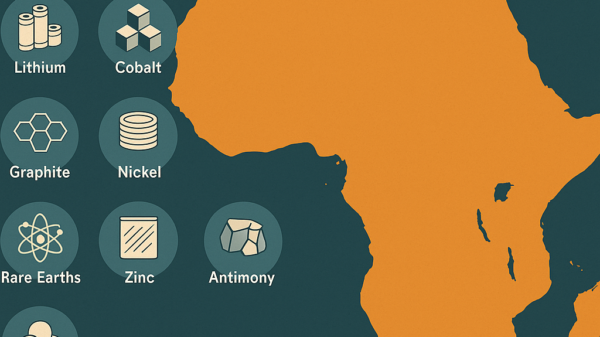
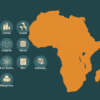
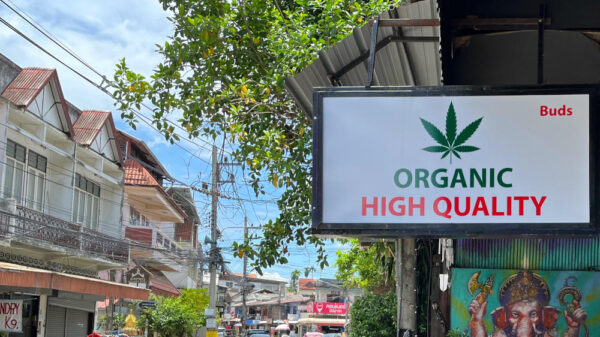

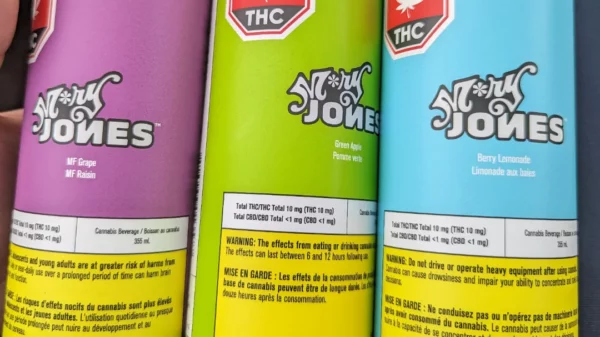
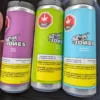
Wilb
May 25, 2023 at 9:31 am
10 mg is not a very large dosage. And the price for it is astronomical compared to what I can buy at non government online sellers.